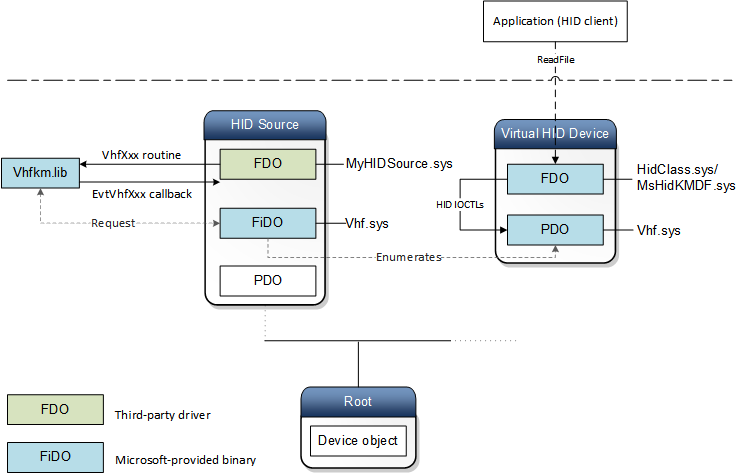MICROSOFT PIV CLASS MINI-DRIVER DRIVER

| Uploader: | Jusida |
| Date Added: | 24 November 2016 |
| File Size: | 36.69 Mb |
| Operating Systems: | Windows NT/2000/XP/2003/2003/7/8/10 MacOS 10/X |
| Downloads: | 29474 |
| Price: | Free* [*Free Regsitration Required] |
If a smart card is registered by a CSP and a smart card minidriver, the one that was installed most recently will be used to communicate with the smart card.
How to Capture Smart Card Added and Card Removed Events In Windows Store Apps – Dr. Z's Blog
The Add Standalone Snap-in page appears. The session key is encrypted with a key exchange key, and the mimi-driver returns a handle of the imported session key to the caller. Pointer to a buffer that contains the PIN information.
Byte count of the challenge data. This string identifies algorithm of the key inside encrypted data. The following sample code shows the expected card minidriver behavior when checking the version.
Ephemeral nature of secret agreements on the card: To list the current containers on the card, use the command:.
A user client of the card, who proves his identity to the card by use of a PIN. The maximum length, in bytes, of the buffer pointed to by pbData. This is only in non-silent mode; if the call is made in silent mode, it will fail.

This device uses USB-A. Pointer to a byte buffer that contains PIN data. We recommend that you follow these guidelines when setting the value for the DriverVer directive:. Common situations covered are: The client application now calls CardGetContainerInfo to export the public key of the key pair that was created in step 6.
Before you run the test, complete the test setup as described in the test requirements: Access control permissions to be applied to the file.
Title field value.
In addition, the conventions for smart card minidrivers must be followed. For asymmetric keys, the return type contains the bitmask with the following padding schemes: It should be treated as opaque binary data.

The caller of this function can provide the key material that the card imports. Only the password credential provider is available in safe mode.
Smart Card Architecture
Typically, a user who signs in to a computer by using a local account or a domain account must enter a user name and password. If this command is successful, go to step 6.

Maintaining a map file is unnecessary because Ncrypt makes clasd provision for persistent DH agreements and there is no way to retrieve one after a provider is closed. Otherwise, this parameter is ignored.
Windows Inbox Smart Card Minidriver - Windows drivers | Microsoft Docs
Make a smart card reader match. In particular, note that Execute X has no logical relationship to other file access operations—it is an independent operation. Any certificates or keys that are added to the card are named according to their index number in their directory. This means that everyone can read the file or get the file information CardReadFile or CardGetFileInforespectively, but microsotf only the administrator can write the file and delete the file.
Byte pointer to data buffer that contains the data. Create a new container. A card principal is the user type or role that is associated with the authentication process that the smart card uses.

Comments
Post a Comment